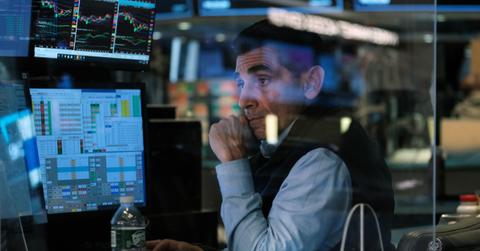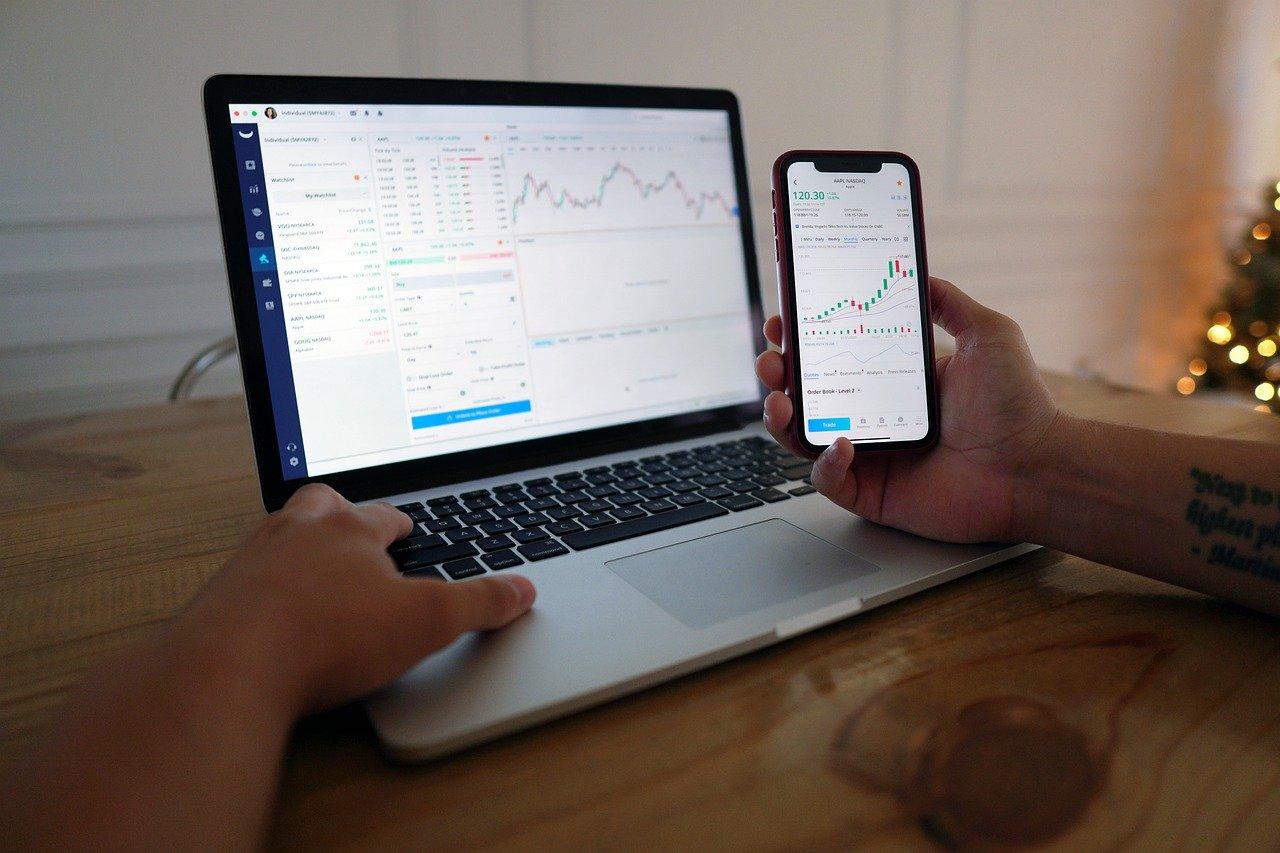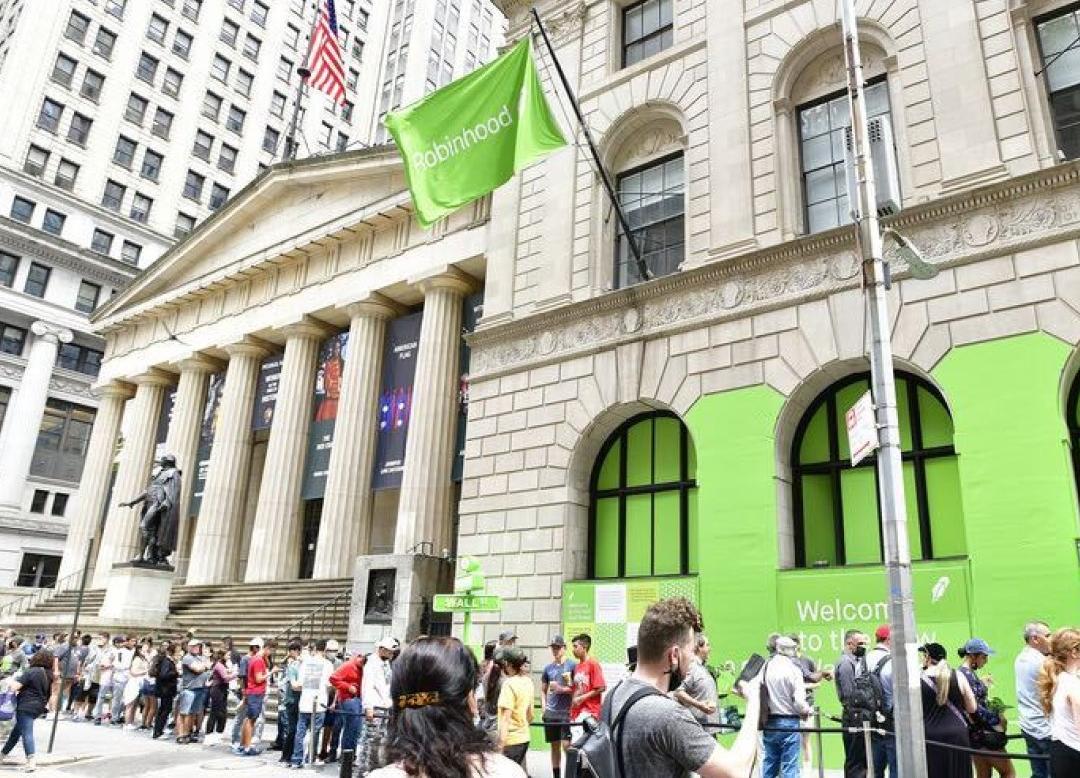Why Do Stock Prices Change After Hours? How Trading Works
Why do stock prices change after markets close? Can you trade stocks after market hours?
Jan. 31 2022, Published 7:57 a.m. ET

U.S. stock markets open at 9:30 a.m. ET and close at 4:00 p.m. on weekdays, and during this time, stock prices fluctuate based on market sentiment. However, they can change outside of that period. Why do stock prices change after markets close? Can you trade stocks after market hours?
There are three trading sessions in U.S. stock markets. There's the normal trading session, the session between 4 p.m. and 8 p.m. ET, and premarket trading, which opens at 4 a.m. ET and runs until 9:30 a.m. ET.
Why do stock prices close after hours?
During after-hours and premarket trading, stock prices change for multiple factors. Company-specific factors, such as earnings announcements, can affect prices, as can global developments. Global news tends to have a more pronounced effect in premarket trading, reflecting Asian and European markets.
How after-hours trading differs from normal trading
Trades after hours are completed through electronic communication networks, without the involvement of an exchange. Also, after hours, you can't place market orders (the market isn't open), just limit orders. In the latter, you specify the price at which you want a trade to be executed.
After-hours trading is riskier
In general, after-hours trading is riskier than normal trading. As there are fewer market participants in after-hours and premarket trading, stock prices can be more volatile.
Robinhood provides after-hours trading
Robinhood offers users after-hours and premarket trading, though for shorter windows. The app allows after-hours trading from 4 p.m. to 6 p.m. ET, and premarket trading for only 30 minutes before markets open.
Robinhood is looking to offer “hyper-extended hours”
Since Robinhood listed in 2021, its stock has plunged. The company’s monthly active user base has shrunk for two consecutive quarters, and it's looking for ways to increase its revenue. One is by letting traders trade for longer. During the company’s fourth-quarter 2021 earnings call, CEO Vlad Tenev said that it would soon let traders trade beyond its extended-hours trading, in “hyper-extended hours."
Robinhood didn't provide additional details, though it might need SEC approval to increase the timing beyond the mandated hours.
Many traders would like to see stock trading available for 24 hours, like crypto trading. Will the SEC push for parity between the two asset classes and allow 24-hour trading of stocks as well? We’ll soon find out: 24 Exchange, a Steve Cohen–backed startup, has filed a draft application with the SEC to allow 24-hour stock trading.


